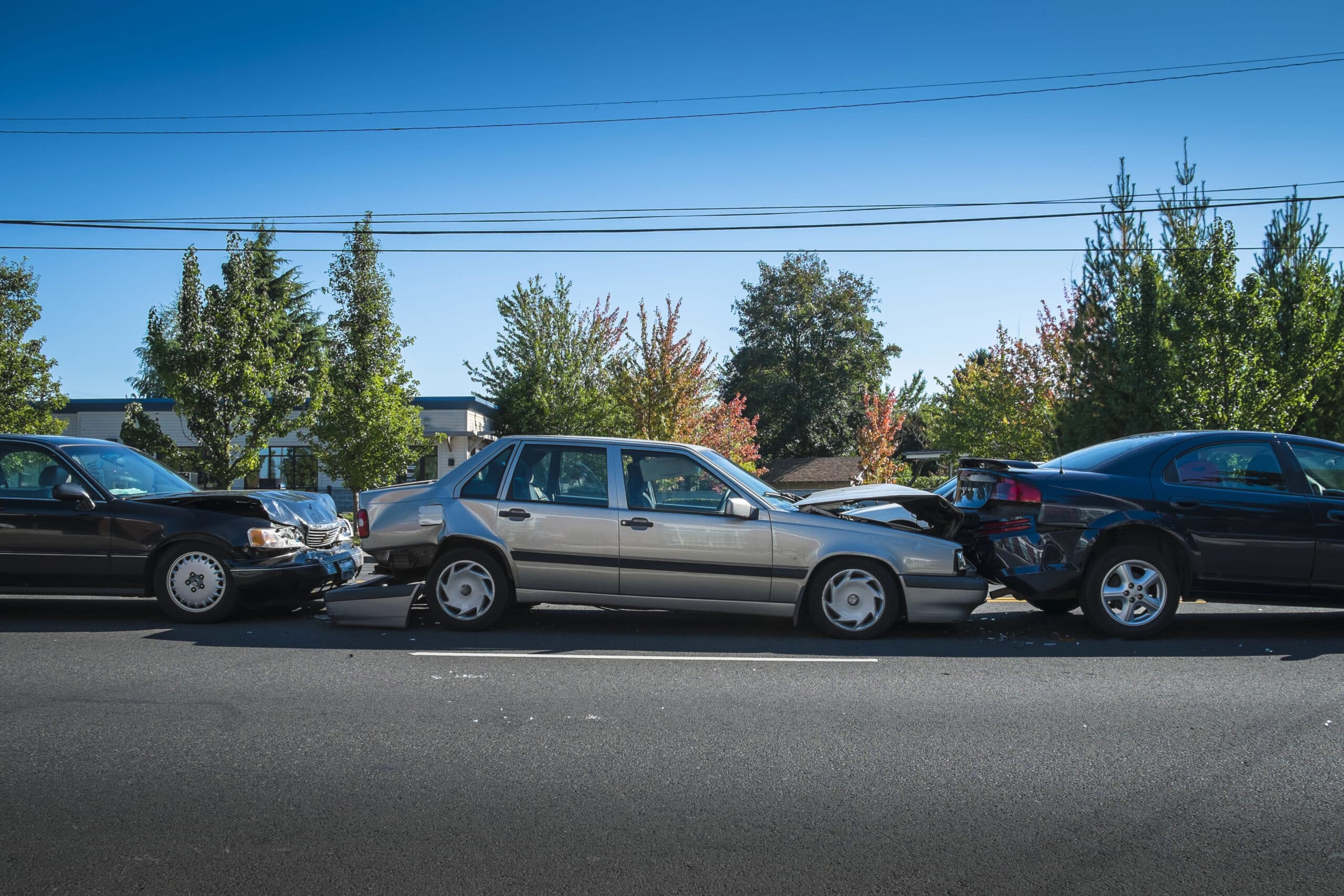On January 6, 2023, a six-year-old first grader at Richneck Elementary School in Newport News, Virginia brought his mother’s legally purchased 9-millimeter Taurus pistol to school and shot his teacher, Abigail Zwerner, in class. Reports indicate that Ms. Zwerner escorted her other students to safety before succumbing to her injuries, and she has spent time since then in the hospital recovering from injuries she sustained in the Richnick Elementary School shooting.
A New Chapter in U.S. History Books
As citizens in Newport News and around the country applaud Ms. Zwerner’s actions, they are left bewildered by why her heroism was even necessary.
With horror, we have watched school shootings around the country become commonplace rather than extraordinary over the past few years, and we have become unwitting characters in the United States’ most recently written historical pages.
Yet which of us would have volunteered for this chapter, the one where parents fear for the safety of their school-aged children and the one where school-aged children threaten the lives of their teachers and peers?
Though we have become “desensitized” to news of tragedy in our schools, this Richneck Elementary School shooting has struck a different chord of fear in our hearts because of the age of the shooter. How could a six-year-old commit an act of this nature?
3 Legal Questions I Would Ask about the Richneck Elementary School Shooting
As an attorney licensed to practice law in Virginia, Washington, D.C., and Maryland, and as an attorney who practiced as a criminal prosecutor in the Commonwealth’s Attorney’s Office for the City of Newport News, Virginia, my interest in this case is what kind of legal options Newport News and Abigail Zwerner have in this tragedy. I have already seen at least two of these options discussed in the news. But I have yet to see the final option floated.
#1 – Can the six-year-old shooter be charged with a crime in the Richneck Elementary School Shooting?
I have already seen this question discussed in the news, and it seems to be on the minds of most people.
In Virginia, a child can be charged as an adult at the age of 14. That makes sense. But in this case, can the 6-year-old child involved in the Richnick Elementary School shooting even be charged with a crime? Technically, yes, because there is no age limitation for charging children in Virginia.
However, in my experience, a child of six-years-old would fall under an Infancy Defense or an Insanity Defense. An infancy defense claims that children that young are unable to form the necessary criminal intent. In other words, the law believes they cannot intend to hurt others in a criminal manner. Yes, they may indignantly slap a sibling or lie to parents. However, can they purposefully plan and commit a crime like murder?
Similarly, a legal team for the child in the Richneck Elementary School shooting could claim an insanity defense. This is not the idea of insanity most Americans have. Rather, in a legal sense, an insanity defense attempts to prove the perpetrator (in this case, a child) did not and could not understand that what he was doing was wrong or that he did not understand the nature, character, and consequences of his actions.
So, can criminal legal action be taken against the young shooter? Technically, yes. Will it? Probably not.
#2 – Can the parents of the six-year-old shooter be charged with a crime in the Richneck Elementary School Shooting?
Another question on most peoples’ minds is with what crimes, if any, can the parents be charged?
I feel safe saying that the Newport News Police Department and the Commonwealth Attorney’s Office will be carefully investigating the case. They will determine if the parents can be charged with any crimes. Specifically, they will investigate how the child got access to the gun, how the gun got into the school, and the home life of the child.
Laws the Parents Could Have Broken
I believe the Commonwealth’s Attorney will review the following laws to determine if the parents will face criminal charges:
- Virginia Code Section 18.2-56.2. Allowing access to firearms by children states, “It shall be unlawful for any person to recklessly leave a loaded, unsecured firearm in such a manner as to endanger the life and limb of any child under the age of fourteen.” This Class I Misdemeanor carries a maximum sentence of one year in prison and up to a $2,500 fine.
- Virginia Code Section 18.2-371.1. Abuse and neglect of children. Section B.1. declares that criminal charges should be brought against “Any parent, guardian, or other person responsible for the care of a child under the age of 18 whose willful act or omission in the care of such a child was so gross, wanton, and culpable as to show a reckless disregard for human life.” This Class 6 Felony carries a maximum sentence of 5 years and up to a $2,500 fine.
I have not yet seen this second option – the child abuse and neglect felony – suggested as a charge against the parents. However, I believe it is a strong option to consider because the child’s own life was endangered with the firearm. Additionally, his possession of it certainly endangered another human’s life.
What Must Be Proven
In either case, the Commonwealth’s attorney would have to prove that the parents’ actions OR omissions led to the child getting the weapon and being able to shoot it. The question will be whether those actions or inaction – the security surrounding the handgun in the household with this child – were “so gross, wanton, and culpable as to show a reckless disregard for human life.”
It will be a decision based not upon what care is made in any home in America. Rather, it will be based on what care should have been placed around the handgun in THIS home based upon the child’s behavior, any disabilities he may have had, and the knowledge the parents had regarding their son.
#3 – What, if anything, should happen to this family?
Finally, I believe there is a third, strong legal option regarding the child’s family. And I believe this case will play out mostly on the stage of Virginia’s Juvenile; Domestic Relations (DR) Court.
It is extremely likely that the parents and/or the child in the Richneck Elementary School shooting will be brought into the legal system through a C.H.I.N.S. (Child in Need of Services, or Child in Need of Supervision) petition.
When a C.H.I.N.S. petition is issued, local courts and social services review the family situation to determine 3 things:
- Is the child in need of services?
- What kind of services is the child in need of?
- What should the court do about it?
The court will determine if the parents abused or neglected the Richneck Elementary School shooter. According to Virginia Code Section 16.1-228, an “Abused or neglected child” is one “Whose parents or other person responsible for his care creates or inflicts, threatens to create or inflict, or allows to be created or inflicted upon such child a physical or mental injury by other than accidental means, or creates a substantial risk of death, disfigurement or impairment….”
Additionally, the court will determine if the child is a juvenile delinquent. If the court determines that the child is a “child whose behavior, conduct, or condition presents or results in a serious threat to the well-being and physical safety of the child” or is a “child under the age of 14 whose behavior, conduct, or condition presents or results in a serious threat to the well-being and physical safety of another person,” (Virginia Code Section 16.1-228), it can put the child under the auspices of the Court Services Unit. And basically, the Court Services Unit is a probation office for juveniles.
What’s Next for the Richneck Elementary School Shooter and Family?
In this blog, I have discussed possible criminal charges and family court actions that could be brought against the Richneck Elementary School shooter or his family. However, I think we need to be prepared to see civil lawsuits filed in this case.
Whether or not the six-year-old or his parents can be found criminally guilty of a crime, the victim of the crime could seek recompense for her injuries through the civil courts. Then, instead of proving criminal intent, she would ask her lawyers to prove negligence.
Lawyers could claim that the parents, school officials, or medical providers of the child were negligent in their care of the child or in their protection of those around the child. If lawyers can prove that someone else’s negligence caused Ms. Zwerner’s injuries, or damages, she could be entitled to receive monetary awards to cover her damages. From the latest news updates, it appears Ms. Zwerner has already hired an attorney to sue on her behalf.
Neither financial payouts nor criminal prosecutions will fix everything, though, if they even “fix” anything. Our nation has been left fearful of its children, and there is no quick fix for that.

 301-973-6510
301-973-6510 Email Us Now
Email Us Now




